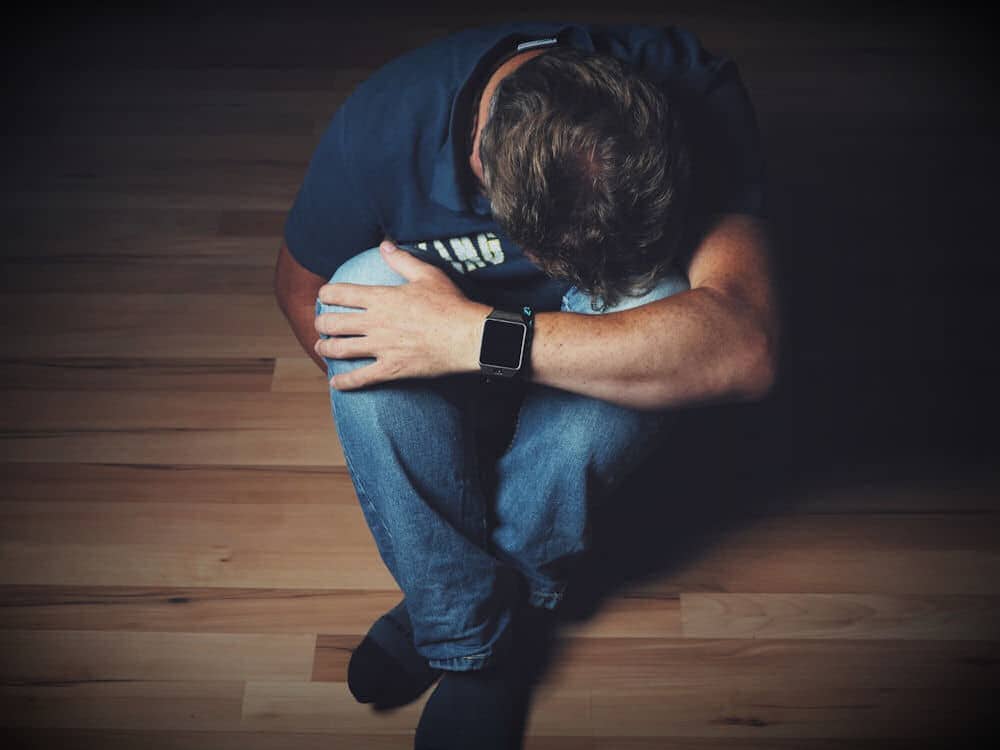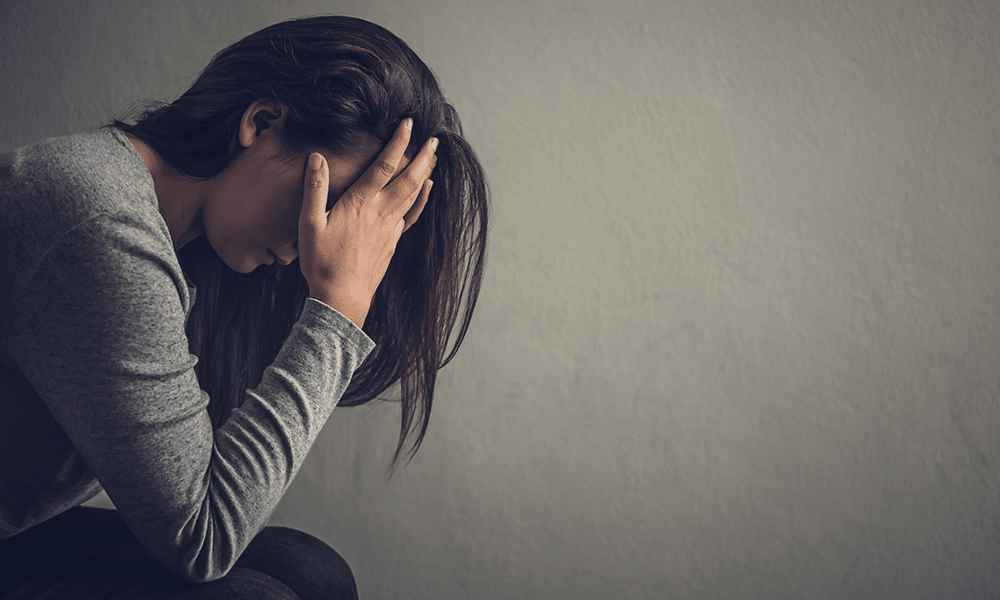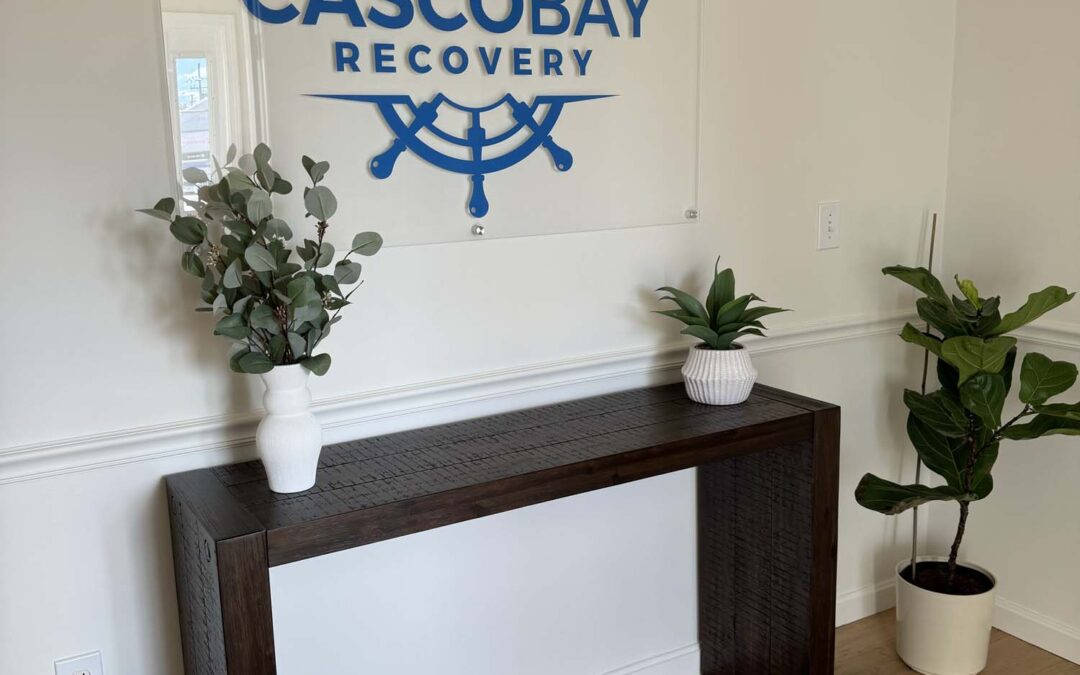Substance use disorder is a difficult illness to live with on its own without other mental health disorders being thrown into the mix. Anxiety is a harsh reality to face, but more Americans suffer from it than many people let on. When you couple that with those who are also suffering from substance use disorder, co-occurring disorders like these seem to be an epidemic of seismic proportions. Dealing with anxiety while recovering from a substance use disorder is difficult, but it doesn’t mean it can’t be treated.
What Is Alcoholism?
Alcoholism can be defined as a problem with drinking that leads to significant negative consequences in a person’s life. These consequences may include health problems, financial difficulties, relationship problems, and job or career difficulties. Alcoholism is a serious problem that can have a profound impact on every aspect of a person’s life. If you or someone you know is struggling with alcoholism, it is important to seek professional help. There are many resources available to those who need assistance in overcoming this disease.
Alcoholism is a progressive disease, which means that it typically gets worse over time. If left untreated, it can lead to serious health problems, financial ruin, and even death. If you or someone you know is struggling with alcoholism, don’t wait to seek help.
What Is Anxiety?
Anxiety is a feeling of uneasiness, worry, or fear. It can be mild or severe. Everyone feels anxious at some point in their life, but for some people, anxiety can be a constant and overwhelming presence. Anxiety disorders are the most common mental health issue in the United States, affecting 40 million adults each year. There are many different types of anxiety disorders, each with its own symptoms and treatment options.
Anxiety can be caused by a variety of factors, including genetics, brain chemistry, personal history, and life events. Many people with anxiety also have other mental health issues, such as depression or substance abuse. Anxiety can be treated with medication, therapy, or a combination of both.
What Is the Difference Between Anxiety and Depression?
Anxiety and depression are two very different things. Anxiety is characterized by overwhelming worry and fear, while depression is characterized by a sense of hopelessness and despair. It can be triggered by a specific event or situation, while depression is often the result of underlying issues such as a chemical imbalance in the brain. Treatment for anxiety typically focuses on helping the person to manage their worry and fear, while treatment for depression typically involves medication and/or therapy to address the underlying causes.
What Does Alcoholism Have to do With Anxiety?

Alcoholism and anxiety are two conditions that often occur together. People with alcoholism may drink to self-medicate their anxiety, and people with anxiety may turn to alcohol as a way to cope with their symptoms. While drinking alcohol can initially help to reduce anxiety, over time it can actually make anxiety worse.
People who suffer from both alcoholism and anxiety often find themselves in a vicious cycle. They drink to ease their anxiety, but then alcohol only makes their anxiety worse. This can lead to more drinking, which leads to more anxiety, and so on. Oftentimes, anxiety and alcoholism can occur at the same time. This is referred to as a co-occurring disorder.
What Are Co-Occurring Disorders?
Co-occurring disorders, also known as dual diagnosis or comorbidity, refer to the presence of two or more disorders or illnesses in an individual. These disorders can be mental health disorders and substance abuse disorders, or they can be two different mental health disorders. Having co-occurring disorders can complicate treatment, as each disorder may need to be addressed separately.
There are many different combinations of co-occurring disorders, but some of the more common ones include the following:
- Anxiety and depression
- Bipolar disorder and substance abuse
- Posttraumatic stress disorder (PTSD) and substance abuse
- Schizophrenia and substance abuse
What Is Depression?
Depression is a mental health disorder characterized by persistent sadness and loss of interest in activities that people normally enjoy. It can interfere with a person’s ability to work, study, sleep, eat, and enjoy life. Depression is not a sign of weakness or something that can be “snapped out of” by positive thinking. It is a real and serious medical condition that requires treatment. People with depression may have trouble functioning in their daily lives and may feel hopeless.
What Is Bipolar Disorder?
Bipolar disorder is a mental illness that is characterized by extreme mood swings. These mood swings can range from highs (mania or hypomania) to lows (depression). People with bipolar disorder often experience periods of mania, where they feel extremely happy or energized, and periods of depression, where they feel very down or hopeless.
What Is Post-Traumatic Stress Disorder?
Post-traumatic stress disorder (PTSD) is a type of anxiety disorder that can occur after someone has been through a traumatic event. Symptoms of PTSD can include reliving the event through flashbacks or nightmares, avoidance of anything that reminds the person of the event, feelings of numbness and detachment, and changes in mood and behavior.
What Is Schizophrenia?
Schizophrenia is a mental disorder that affects how a person thinks, feels, and behaves. People with schizophrenia may seem like they have lost touch with reality. They may hear voices or see things that are not there. Schizophrenia can be very disabling and make it hard for a person to function in daily life.
The Challenges of Treating Co-Occurring Disorders
There are a number of challenges when it comes to treating co-occurring disorders. One of the biggest challenges is that each disorder may need to be treated separately. This can be difficult to do because the symptoms of one disorder can often trigger or worsen the symptoms of the other disorder.
Another challenge is that some treatments for one disorder may not be effective for the other. For example, some medications used to treat depression can actually make anxiety worse. It’s important to work with a mental health professional who is experienced in treating co-occurring disorders so that the best possible treatment plan can be put in place.
Finally, it’s important to remember that recovery is possible. With appropriate treatment and support, people with co-occurring disorders can learn to manage their symptoms and live fulfilling lives.
Socially Acceptable Coping vs Healthy Coping
When it comes to coping with stress, there are many different ways that people can go about it. Some methods may be more socially acceptable than others, but that doesn’t necessarily mean that they’re the most healthy. In fact, some of the more socially acceptable coping mechanisms can actually do more harm than good in the long run.
When it comes to stress, it’s important to have some healthy coping mechanisms in place. This might include things like exercise, journaling, or spending time with friends and family. Developing healthy coping mechanisms can help you better deal with stressful situations in your life.
It’s also important to remember that not all coping mechanisms are healthy. Some people might turn to unhealthy habits like smoking or drinking in order to deal with their stress. This could include drinking or abusing substances, and would actually make things worse.
What Effects Can Anxiety Have on Sobriety?

Anxiety can have a number of different effects on sobriety. For some people, anxiety may lead to increased feelings of paranoia or insecurity, which can make it difficult to stay sober. Additionally, anxiety can also lead to physical symptoms such as increased heart rate and sweating, which can make sobriety feel more difficult. Finally, anxiety can also cause people to avoid social situations or triggers that might lead to drinking, making it harder to stay connected to a support system that can help maintain sobriety.
Treatment Options for Anxiety and Alcoholism
There are many ways to treat anxiety and alcoholism, and the best approach depends on the individual. Some common treatments include therapy, medication, and self-care. Therapy can help people manage their anxiety by teaching them healthy coping mechanisms. Medication can also be effective in reducing anxiety symptoms. Commonly prescribed medications for anxiety include antidepressants, beta-blockers, and anti-anxiety medications.
Self-care is also an important part of managing anxiety. Engaging in healthy coping mechanisms such as exercise, relaxation techniques, and healthy eating can all help to reduce anxiety. It is also important to avoid triggers that may worsen anxiety symptoms.
Casco Bay Is Here to Help Severe Anxiety After Getting Sober

There is no one-size-fits-all method to overcoming addiction. This is why, at Casco Bay, our utmost concern is that you receive care that fits your unique needs. Everybody who walks through our facility has a history that informs the decisions that they make every day. Treating them with that context in mind is the most important aspect of our work here.
Anxiety and alcoholism are not a cakewalk. These are serious illnesses that can co-occur and leave people in destructive positions. If you or a loved one would like to find out more, you can contact us here.







